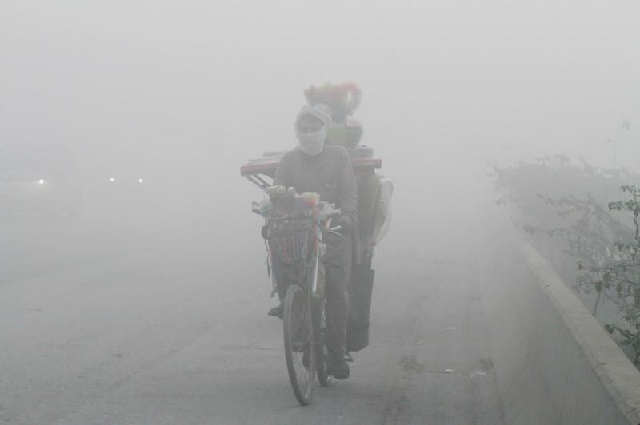
Air quality statistics show that following scattered drizzle in the city, the air quality index (AQI) of the provincial capital dropped from the level of above 300 to 111 over the weekend. However, the atmosphere of the city is still unhealthy for sensitive groups with atmospheric particulate matter (PM2.5) reading of 39.8 µg/m³, which was hovering above 195 µg/m³ a couple of days ago.
Environment experts underline that a high PM 2.5 reading is a matter of great concern for the government because it indicates that the air is contaminated with very fine particles of less than 2.5 micrometers of dust and other harmful elements. These particles are 3% of the diameter of human hair, which can only be detected through an electron microscope.
They warn that the PM2.5 particles have the tendency to stay in the air longer due to their small size and light nature. “It increases chances of humans and animals inhaling them into their bodies because particles smaller than 2.5 micrometers are able to bypass the nose and throat and penetrate deep into the lungs. It was stated that some may even enter the circulatory system.
In several studies, health experts have proved a close link between exposure to fine particles and premature death from heart and lung disease. Fine particles are also known to trigger or worsen chronic disease such as asthma, heart attack, bronchitis and other respiratory problems.
Presiding over a meeting to control smog, Punjab Minister for Finance Hashim Jawan Bakhat said it would be an uphill task for the government to overcome the issue of smog without the due participation of citizens. “The government has already made laws to curb environmental pollution,” he said.
The Punjab Transport Department was ordered to ensure that no unfit vehicles would run on the roads. He continued that the government had a plan to incentivise the local industry to keep the air clean by reducing or abolishing duty and taxes on materials and equipment. He said this would make the air clean, adding that the federal government was being mobilised to slash or remove duties.
Bakhat said the government had decided to make vehicle clearance mandatory from Vehicle Application Centres by April 2020. All departments, including Environment, Industry, Agriculture and Transport, will be taken on-board to deal with vehicles emitting used smoke. He also directed the finance special secretary to ensure the immediate release of funds to tackle the smog issue.
Lahore Division Commissioner Spokesman told The Express Tribune that Commissioner Asif Bilal Lodhi proposed that the government use artificial rain techniques to get rid of smog in Lahore and adjoining districts. He highlighted that a proposal had already been sent to the Punjab Finance Department and estimates suggested some Rs300 million were required to seed clouds for artificial rain in selected areas. He further said the proposal would be sent to Punjab Chief Minister Sardar Usman Buzdar from Punjab Finance Department for final approval.
Speaking to the media on Firday, Lodhi expressed hope the government will give its nod to the proposal, despite the heavy investment, as the health of millions of citizens could not be at risk for the sake of a few hundred million.
Amnesty International has also issued an urgent action warning for hazardous smog that has engulfed the provincial capital for the past few weeks. “The air in Punjab, Pakistan's most populous province, is so toxic that people's health and lives are in grave danger. Schools have been forced to shut down, respiratory illnesses are on the rise and people are having trouble breathing," the warning states.
Published in The Express Tribune, November 24th, 2019.
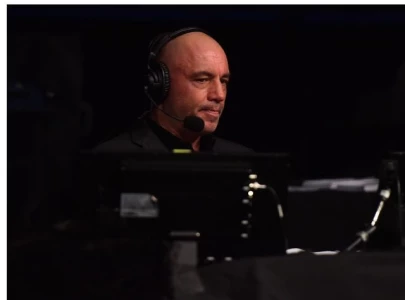

1726222798-0/Tribune-Pic-(13)1726222798-0-165x106.webp)


1732012115-0/Untitled-design-(14)1732012115-0-270x192.webp)






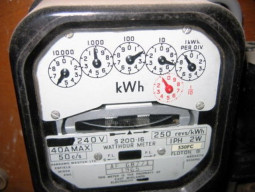
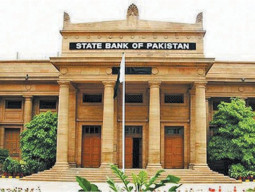

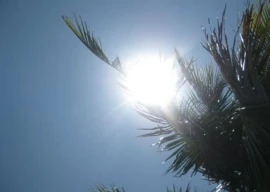
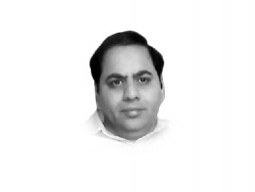





COMMENTS
Comments are moderated and generally will be posted if they are on-topic and not abusive.
For more information, please see our Comments FAQ